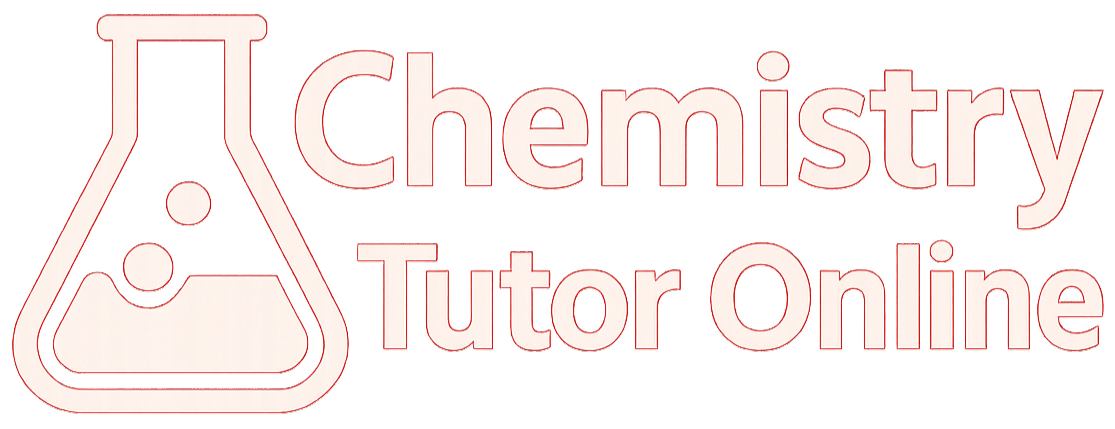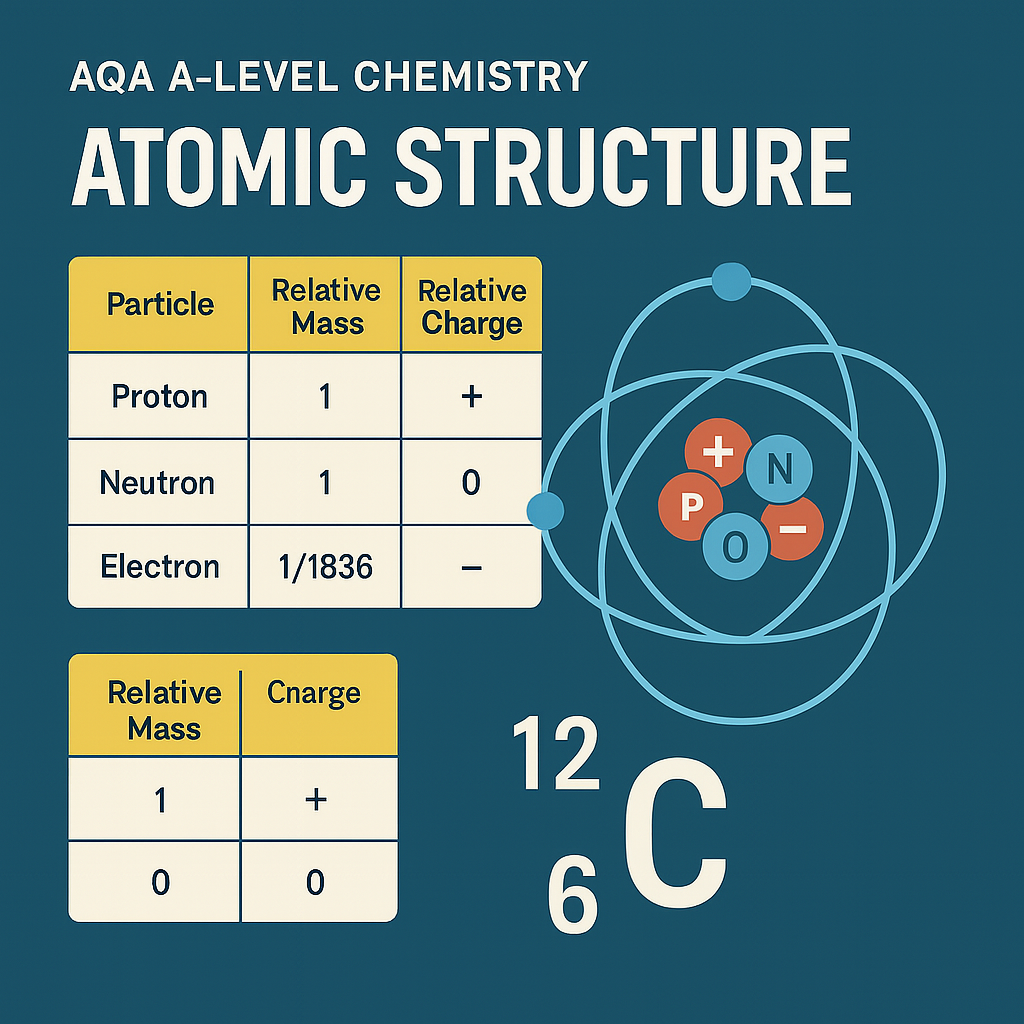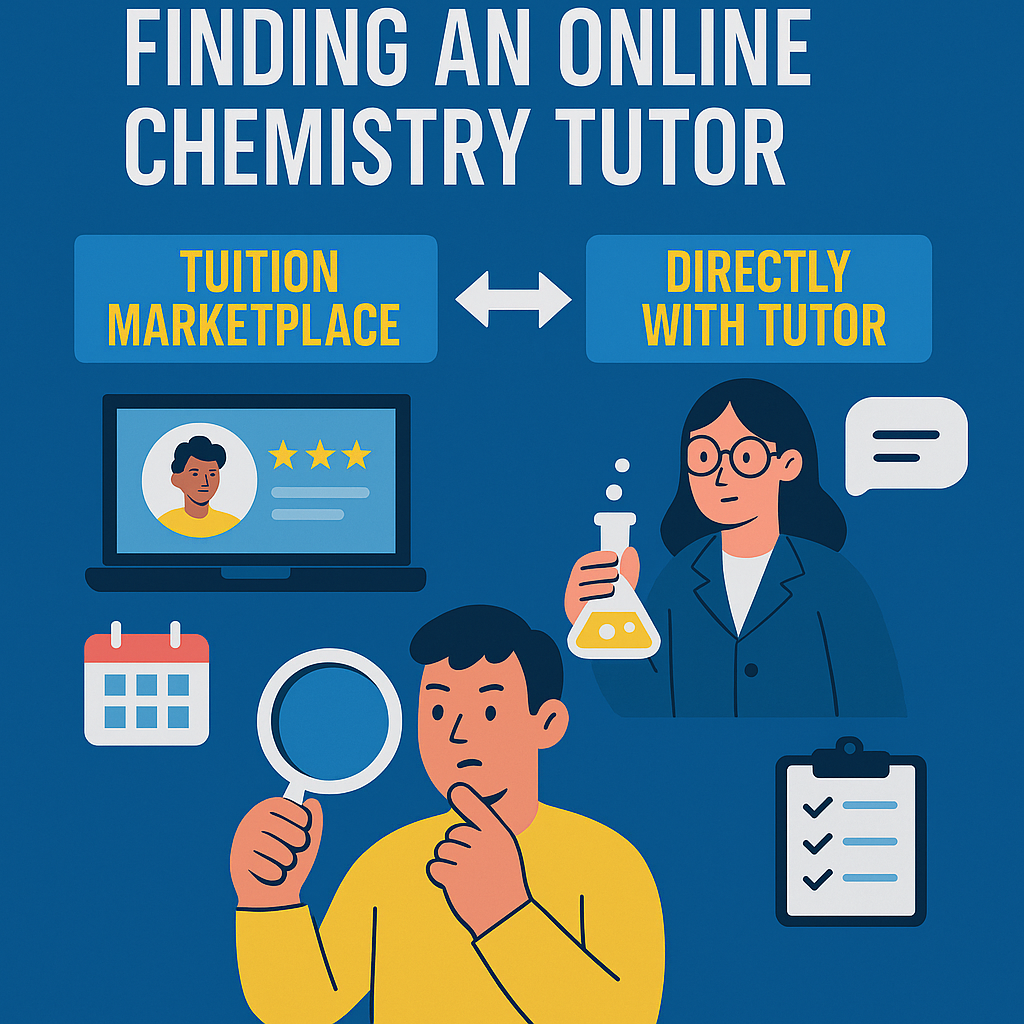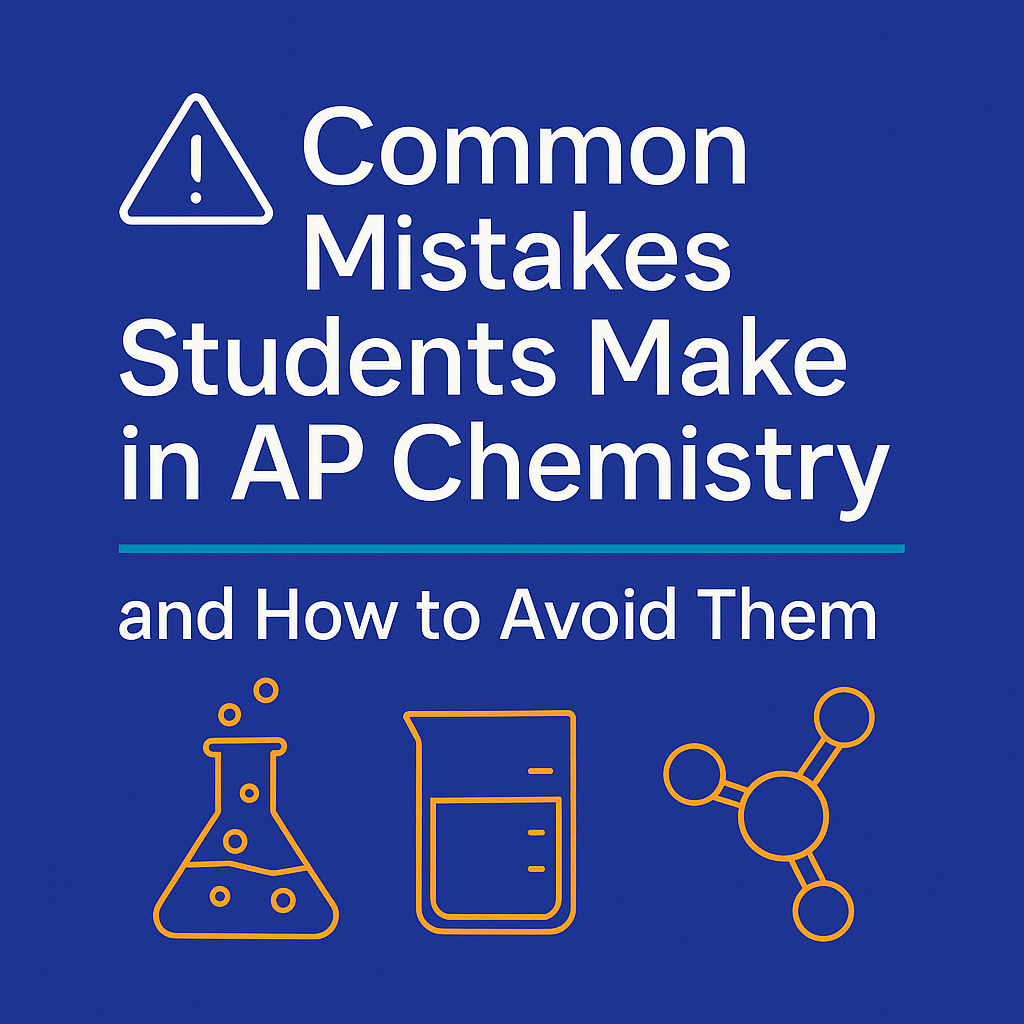How to Prepare for UK Prep School Science Exams: A Parent’s Guide to 11+ and 13+ Success
With the right guidance—at home or through expert tuition—your child can approach prep school science with confidence and clarity.
If your child is preparing for 11+ or 13+ entrance exams to a UK prep or independent senior school, science can be one of the most daunting subjects to revise. Between unfamiliar syllabus content, the pressure of exam technique, and the rising academic standards of top-tier schools, many parents feel unsure how to help their child prepare effectively.
In this guide, we break down what science is really like at 11+ and 13+, how the ISEB Common Entrance and scholarship exams work, and what you can do to give your child the best chance of success—whether you're considering tuition or going it alone.
What Are Prep School Science Exams?
In the UK, prep school science exams refer to:
11+ Science: Part of entrance assessments for Year 7 entry into selective schools
13+ Science (ISEB Common Entrance or Scholarship): Sat in Year 8 for entry into Year 9 at senior independent schools
These exams are commonly used by schools such as:
Eton College
Harrow School
Westminster School
St Paul’s School
Cheltenham Ladies’ College
Wycombe Abbey
And many more leading independents
They assess biology, chemistry, and physics across Key Stage 2 or 3-level content—but often go well beyond the National Curriculum in terms of depth and style.
The Two Main Types of Science Exams: 11+ vs 13+
11+ Science:
Usually part of a broader science or general reasoning paper
Focuses on Key Stage 2 knowledge (Year 5 and 6)
Includes short answers, multiple choice, diagrams
Some schools include science as part of an interview task
13+ Science (ISEB Common Entrance):
Divided into Level 1 and Level 2 papers
Level 1: More accessible, less detailed content
Level 2: More advanced, used by top schools
Covers biology, chemistry, and physics
Includes factual recall, data interpretation, experimental planning, and extended answers
Designed to test a child's ability to apply knowledge in unfamiliar contexts
Scholarship Exams:
Set by individual schools, not ISEB
Much harder than Common Entrance
Assess scientific reasoning, lateral thinking, and experimental design
May include interviews or oral assessments
Why Science Is a Challenge at This Level
Many children are enthusiastic about science but struggle in formal prep school exams because:
The question style is different from what they’re used to
There’s an emphasis on applying knowledge, not just memorising it
Children must understand data, graphs, and variables
Some have had patchy science teaching or missed core topics
This can lead to a capable student underperforming without proper exam technique training or revision planning.
What’s Actually Tested in 11+ and 13+ Science
Although the syllabuses vary slightly, key areas include:
Biology
Cells and their structure
Organs and organ systems
Plants, photosynthesis, and reproduction
Food chains and ecosystems
Variation and classification
Chemistry
States of matter
Changes of state and particle theory
Elements, compounds, and mixtures
Simple chemical reactions (e.g. acids & alkalis, combustion)
Metals and non-metals
The Periodic Table (Level 2)
Physics
Forces and motion
Energy types and transfers
Electricity and circuits
Light and sound
Magnetism
Pressure and density (13+ Level 2 and scholarship)
Scientific Skills
Planning experiments
Interpreting data
Identifying variables
Drawing conclusions from evidence
Many 13+ questions involve written explanations, so your child needs strong scientific vocabulary and a logical structure.
Step 1: Start With the Right Syllabus and Paper Type
For 13+, download the official ISEB science syllabus and check which paper your child will sit:
Level 1 or Level 2 Common Entrance?
Scholarship exam set by the school?
Ask the admissions office or check past papers on the school website. Some top-tier schools only accept Level 2 or their own scholarship paper.
This determines the depth and scope of what your child needs to revise.
Step 2: Review Your Child’s Strengths and Gaps
Start with a diagnostic approach:
Try a full 11+ or 13+ past paper
Identify strengths and weak spots
Look for skill gaps, not just content gaps:
Can they interpret tables or graphs?
Can they explain why an experiment worked or failed?
Do they understand keywords like “hypothesis”, “evaluate”, or “conclusion”?
Then build your revision plan around skills AND topics.
Step 3: Use the Right Resources
Choose materials that are specifically written for 11+ or 13+ exams—not just KS2/KS3 science workbooks.
Recommended for 13+:
Galore Park: Science for Common Entrance (ISEB Level 1 & 2)
ISEB Science Exam Practice Questions
Bond 13+ Science Assessment Papers
Specimen and past papers from ISEB or target schools
Recommended for 11+:
CGP 11+ Science Practice Books
Letts or Bond 11+ Science Test Papers
Atom Learning or Exam Coach platforms
If your child is a scholarship candidate, you’ll need:
Higher-level problem-solving materials
UKMT Junior Science Challenge practice
Tailored tutoring or mock interviews
Step 4: Master Scientific Vocabulary and Writing Style
Children often lose marks for:
Not using correct terminology
Being too vague or casual in their answers
Misreading the question stem or command word
Teach your child to:
Use scientific words (e.g. “evaporation” not “drying”)
Begin sentences logically: “This happens because…” or “The reaction produces…”
Recognise exam terms like state, explain, describe, evaluate, compare
Create a mini glossary of key terms and sentence starters for each topic.
Step 5: Focus on Experimental Skills and Data Interpretation
Even without real lab access, children must be able to:
Plan a valid experiment
Identify variables (independent, dependent, control)
Analyse a results table or bar graph
Spot anomalies or trends in data
Write conclusions linked to the original aim
Use questions from past papers to:
Break down real experiments
Discuss how results were obtained
Practise sketching graphs and drawing conclusions
Step 6: Build a Weekly Revision Routine
The most effective prep happens little and often.
A good weekly structure might include:
1 topic-based revision session (with notes or videos)
1 session focused on questions and past paper practice
1 practical/data skills session
10 minutes a day of flashcard or quiz work
Break down revision by theme:
Week 1–2: Biology (cells + systems)
Week 3–4: Chemistry (particles + changes of state)
Week 5–6: Physics (forces + energy)
Week 7–8: Experiment design, graph skills, paper strategy
Step 7: Practise With Real Past Papers
You should build up to full paper practice as exams approach.
Start by:
Doing single questions from past papers by topic
Building up to half-papers
Then doing full mock papers under timed conditions
Mark them using official mark schemes if available. Focus on:
Whether your child understood the question
Whether they used the correct terms
How well they structured their explanation
Create a “mistake log” and revisit weak areas every week.
Step 8: Prepare for Interviews or Oral Science Tasks
Some schools assess science through:
An interview-style discussion
Verbal problem solving
Group science tasks
Your child may be asked:
“What’s your favourite science experiment and why?”
“Can you explain how a thermometer works?”
“What would you predict if…?”
Practise with:
Science discussion prompts
Describing experiments aloud
Explaining diagrams or ideas in a clear, logical way
Confidence and clarity are key.
Step 9: Consider Working With a Tutor
If your child is:
Applying to a highly selective school
Struggling with scientific explanations
Finding the workload overwhelming
Preparing for Level 2 or a scholarship paper
…a specialist science tutor can:
Structure revision
Provide tailored question practice
Strengthen weak areas
Build your child’s confidence
Teach exam strategy and explanation techniques
Some parents begin tutoring 6–12 months before exams, others 1–2 terms in advance.
Step 10: Build Confidence, Not Just Content
In the final weeks:
Focus on revision technique, not cramming
Do short bursts of high-quality practice
Review model answers together
Stay positive—encourage effort, not perfection
Make sure your child knows what to expect on exam day
Children who feel supported and confident perform better—even in highly competitive environments.
Final Thoughts: Smart Preparation Creates Success
Prep school science exams at 11+ and 13+ can feel intimidating—but with a clear plan, strong resources, and a focus on skills as well as content, your child can succeed.
These exams reward children who:
Think clearly
Use scientific language
Explain their reasoning
Can apply their knowledge flexibly
With the right guidance—at home or through expert tuition—your child can approach prep school science with confidence and clarity.
Need Help Preparing for 11+ or 13+ Science Exams?
Book a 15 mins consultation with Dr Marguerite Quinn, experienced science tutor specialising in Common Entrance, scholarship exams, and prep school support. Whether your child is in Year 5, 6, 7 or 8, Marguerite can help them develop the knowledge, skills, and confidence they need to shine in science.





Understand AQA A-Level Chemistry Section 3.1.1.2 on mass number and isotopes. Learn key definitions, isotope notation, calculations, and how this topic builds your scientific and exam skills.